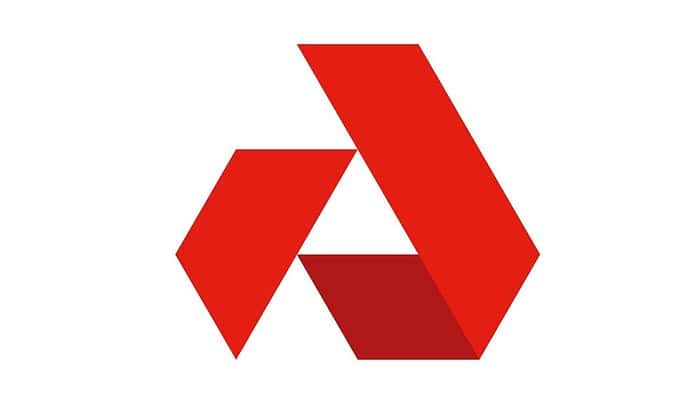Akash Network is reshaping the cloud infrastructure landscape with its decentralized approach, offering cost-effective, secure, and scalable solutions. By leveraging blockchain technology, Akash Network connects users directly with providers, eliminating intermediaries and providing a competitive pricing model.
This innovative approach is revolutionizing cloud computing, making it more accessible and efficient for businesses and individuals alike. Grasping the do’s and don’ts of investing becomes easy with https://apex-revolution.com/ which is one of investment education firms.
Akash Network: A Game-Changer in Cloud Computing
Cloud computing has become a cornerstone of modern business infrastructure, offering scalability, flexibility, and cost-effectiveness. However, traditional cloud computing models are centralized, leading to issues such as high costs, data privacy concerns, and limited accessibility. Akash Network is revolutionizing the cloud computing industry by introducing a decentralized cloud infrastructure solution that addresses these issues.
At its core, Akash Network leverages blockchain technology to create a decentralized marketplace for cloud computing resources. This marketplace connects individuals and businesses in need of computing power with providers who have excess capacity. By utilizing a decentralized approach, Akash Network eliminates the need for intermediaries, reducing costs and improving efficiency.
One of the key features of Akash Network is its ability to offer competitive pricing for cloud computing resources. By connecting users directly with providers, the network enables users to negotiate prices based on their specific needs, resulting in cost savings compared to traditional cloud providers.
In addition to cost savings, Akash Network offers increased security and data privacy. With a decentralized infrastructure, data is distributed across multiple nodes, making it more difficult for hackers to access and compromise sensitive information. This added layer of security is crucial for businesses operating in industries where data privacy is a top priority.
Furthermore, Akash Network is highly scalable, allowing users to quickly and easily scale their computing resources up or down based on demand. This flexibility is particularly beneficial for businesses with fluctuating computing needs, as it allows them to avoid overpaying for resources they don’t need.
The AKT Token: Fueling the Akash Ecosystem
At the heart of the Akash Network is the AKT token, a cryptocurrency that serves as the native currency of the ecosystem. The AKT token plays a crucial role in fueling the Akash Network, serving as a medium of exchange for cloud computing resources within the network.
One of the key functions of the AKT token is to facilitate transactions between users and providers within the Akash Network. Users can use AKT tokens to pay for computing resources, while providers can earn AKT tokens by offering their excess computing capacity to the network. This creates a symbiotic relationship within the ecosystem, where both users and providers are incentivized to participate.
In addition to facilitating transactions, the AKT token also serves as a governance mechanism within the Akash Network. Token holders have the ability to vote on proposals related to the network’s development and governance, giving them a stake in the future direction of the ecosystem.
Furthermore, the AKT token is designed to be deflationary, meaning that the total supply of tokens will decrease over time. This scarcity is designed to increase the value of the token over time, creating an incentive for users to hold onto their tokens rather than sell them.
How Akash Network Works?
Akash Network operates on a decentralized marketplace model, connecting users in need of cloud computing resources with providers who have excess capacity. The network is powered by a global pool of computing resources, which are made available to users on a pay-as-you-go basis.
The process of using Akash Network begins with a user submitting a request for computing resources to the network. This request includes details such as the amount of computing power needed, the duration of the request, and any specific requirements the user may have.
Once the request is submitted, it is broadcasted to the network, where providers can bid on the request with their available computing capacity. Providers compete with each other to offer the best price for their services, ensuring that users get the best possible deal.
Once a bid is accepted, the user’s workload is deployed to the selected provider’s infrastructure, where it is executed. Throughout the duration of the request, the user has full visibility and control over their workload, allowing them to monitor its progress and make any necessary adjustments.
Conclusion
In conclusion, Akash Network’s impact on cloud infrastructure is profound. By offering a decentralized marketplace for computing resources, Akash Network is empowering users with greater control, flexibility, and cost-effectiveness.
As the network continues to grow and evolve, it has the potential to fundamentally change the way we think about cloud computing, driving innovation and efficiency in the digital age.







